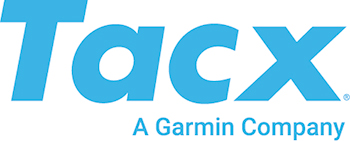The 3 P’s at Bottle Promotions
People
When it comes to People, at Bottle Promotions, we create a livable and safe environment for our employee’s fostering growth, collaboration, and sharing responsibility. But it doesn’t stop there. We also respect the rights of workers in our supply chain, collaborating only with companies that adhere to a Code of Conduct (COC).
Planet
Our dedication to a better environment is evident in the steps we take to minimize our environmental footprint. We actively work towards climate neutrality by implementing sustainable practices throughout our operations. For instance, we are working on integrating solar panels into our facilities, reducing our reliance on non-renewable energy sources. We also prioritize recycling and waste management, ensuring that materials are reused or disposed of responsibly. Furthermore, we strive to buy from local and European partners, reducing transportation emissions and supporting regional economies.
Profit
Profitability serves as the foundation for our sustainability efforts. By maintaining a healthy financial position, we ensure the long-term viability of our organization. This allows us to invest in sustainable initiatives and continuously improve our impact on people and the planet.






